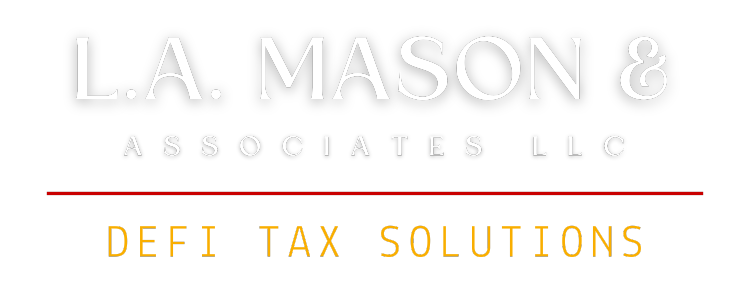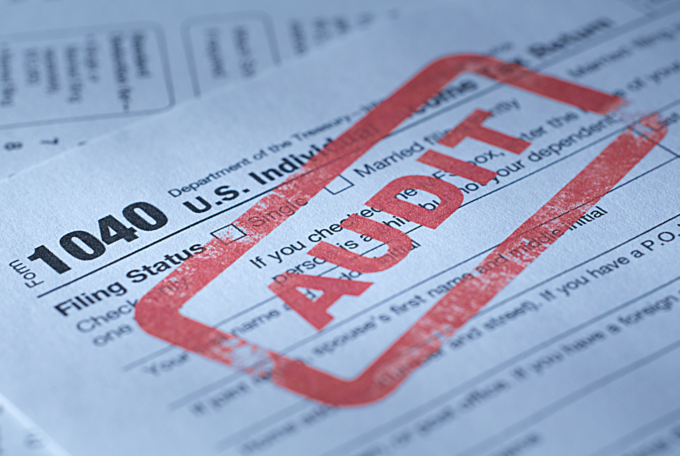A Legacy of Hope: Planning Charitable Giving in Your Estate
Hey, lovely people!
Today, we’re delving deep into the heartwarming world of charitable giving within your estate plan. Picture this: leaving a legacy that not only benefits your loved ones but also makes a positive impact on the causes you hold dear. Let’s explore how to make it happen.
You love the kids. You have a strong desire to give back to your community or support a cause that’s touched your soul. However, you’re unsure of the best way to go about it within the framework of your estate plan. Don’t let that hold you back from creating a lasting legacy of generosity.
Your estate plan is what’s up. It’s helping to make the future better. You’ve seamlessly integrated charitable giving into your financial legacy. Your loved ones are inspired by your philanthropic spirit, and your chosen causes thrive, thanks to your support. Kids are opening businesses thanks to you. The impact of your generosity ripples through generations, leaving an indelible mark on the world.
Estate planning offers multiple avenues for charitable giving:
- Bequests: In your will, you can specify a dollar amount, a percentage of your estate, or specific assets to bequeath to your chosen charity. It’s the most straightforward and common method.
- Charitable Remainder Trusts (CRTs): CRTs provide income to you or your beneficiaries for a defined period or for life. Afterward, the remaining assets are directed to your chosen charity. CRTs offer tax benefits and estate tax reduction.
Charitable remainder trusts (CRTs) are irrevocable trusts, meaning that once you create a CRT, you cannot change or revoke it. This is because the CRT is considered to be a separate legal entity, and you no longer own the assets in the trust once you transfer them. - Charitable Lead Trusts (CLTs): CLTs flip the script; here, the charity receives income from the trust for a specified period, and then your beneficiaries inherit the assets. CLTs can lower estate tax and provide charitable income tax deductions.
- Donor-Advised Funds (DAFs): DAFs are flexible charitable accounts where you donate assets and recommend grants to charities over time. They offer tax advantages and allow you to retain anonymity if desired.
- Adding a Charity to Your Living Trust: Living trusts, are revocable trusts, meaning that you can change or revoke them at any time. This is because you still own the assets in the living trust during your lifetime.
Adding a charity to your living trust is a relatively simple process. You can either create a new living trust that includes the charity as a beneficiary, or you can amend your existing living trust to add the charity as a beneficiary.
There are a number of benefits to adding a charity to your living trust, including:
- Flexibility: You can change or revoke your living trust at any time, so you can easily change your plans if your circumstances change.
- Tax advantages: You can claim a charitable deduction on your income tax return for the value of the assets you transfer to the charity.
- Estate tax reduction: The assets in your living trust are not subject to probate, which can save your loved ones time and money.
- Privacy: Living trusts are not public records, so your assets and your wishes will remain private after your death.
Key Takeaways
- Start Early: Begin planning for charitable giving as part of your estate plan well in advance to ensure a smooth transition.
- Tax Considerations: Explore the tax benefits associated with charitable giving and maximize your impact.
- Research Charities: Select reputable charities that align with your values and objectives.
- Be Specific: Clearly outline your charitable wishes in your will or trust to avoid confusion.
- Communicate: Share your charitable intentions with your loved ones to ensure they can carry out your legacy.
FAQ:
Can I Change My Charitable Beneficiaries After My Estate Plan Is Established?
Absolutely! Life is full of changes, and your charitable priorities may evolve over time. You can typically update your charitable beneficiaries by amending your will, trust, or other relevant estate planning documents. Consult your estate planning attorney to ensure these changes are executed correctly and align with your current charitable passions. Your legacy is a dynamic reflection of your heart’s desires, and it’s never too late to adjust it to your evolving values and goals.
Guide to Resolution
- Identify Your Charitable Passions: Determine which causes resonate most with you and align with your values.
- Choose the Right Giving Vehicle: Based on your financial situation and objectives, select from bequests, trusts, or donor-advised funds.
- Document Your Wishes: Be specific in your will or trust documents, clearly indicating your chosen charities and the extent of your contributions.
- Educate Your Loved Ones: Communicate your charitable intentions to your family to ensure a seamless transition of your philanthropic legacy.
Ready to create a legacy of generosity that transcends generations? Sign up for our #30DayLegacy program to stay informed about charitable giving and gain access to valuable resources. Download our free eBook, “A Comprehensive Guide to Simple Estate Planning,” and explore our guided workbook, “Wealthy Legacy: 10 Steps to Creating Generational Wealth.” Your compassionate legacy begins with your actions today.
Let’s make a difference together. Are you ready to leave a legacy of generosity? Let’s do this!
Keep Rising,
LA🌻🖤
Chief Strategist






